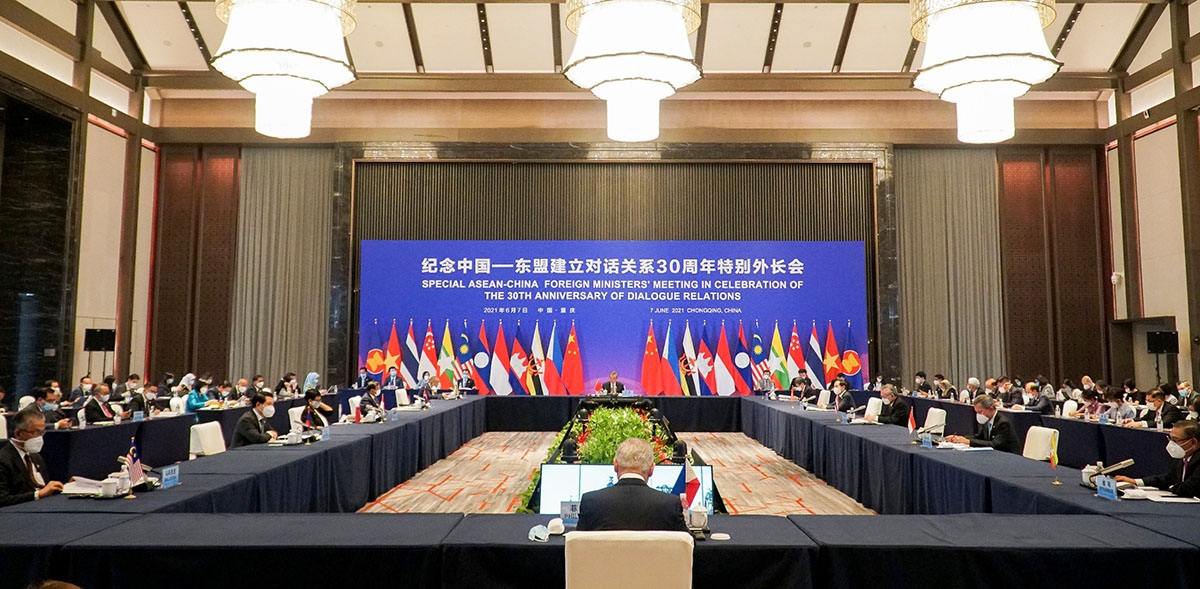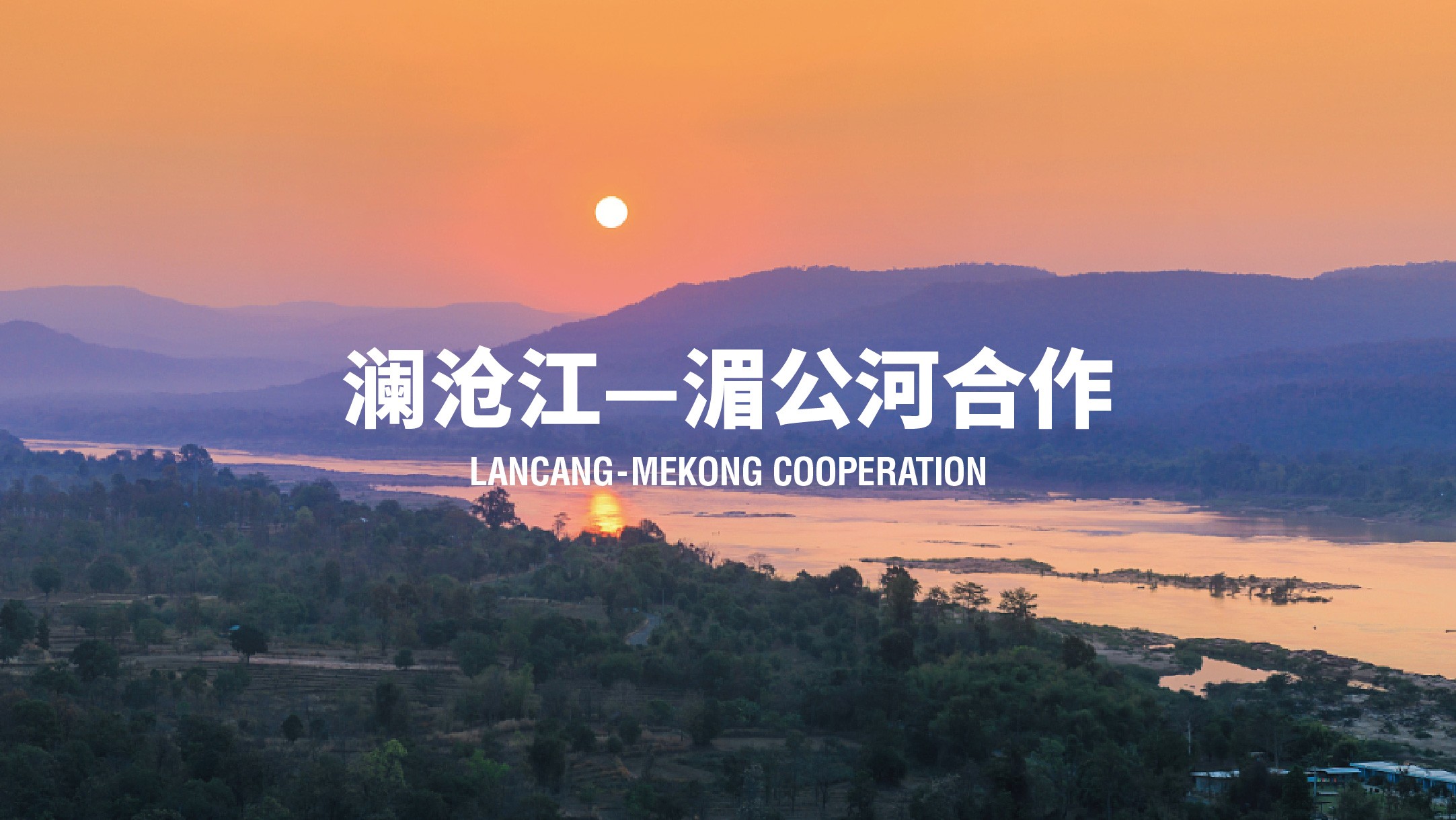
ASEAN, China mark 30 years of dialogue partnership
Latest
 |
| The special ASEAN-China Foreign Ministers' meeting in celebration of the 30th anniversary of dialogue relations in June. |
As reported by China’s Xinhua news agency, since the ties began in July 1991, bilateral trade volume had soared from less than 8 billion USD to more than 680 billion USD last year. With such a strong foundation, the two sides have pledged to enhance cooperation in all sectors to open a new chapter in ASEAN-China common development and prosperity.
The Thai-Chinese Rayong Industrial Zone in Thailand's Rayong province has been a miniature and fruit of such win-win cooperation. Established in 2006 and now home to 160 overseas companies, the plant boasts 40,000 local workers, mostly in automobile, electronics and machinery sectors.
In the past year and a half, despite the COVID-19 outbreak and related travel restrictions, the industrial zone managed to attract 27 Chinese companies to invest there.
With more than 650 million consumers and being a supply chain hub for major industries, ASEAN is becoming an important strategic market for Chinese businesses, Thailand's Siam Commercial Bank said in a research report.
In 2020, China's foreign direct investment (FDI) in ASEAN countries surged 52.1 percent year-on-year, bucking a global downward trend. Meanwhile, ASEAN investors continue to see a rosy prospect in China for its solid post-pandemic recovery and the new development paradigm of "dual circulation," with the bloc's investment in the Chinese mainland jumping 50.7 percent in the first half of 2021, according to China's Ministry of Commerce.
Bilateral trade has also thrived over the years, buoyed by a friendly relationship between the two sides and the China-ASEAN Free Trade Agreement (CAFTA).
Thanks to the CAFTA, more commodities from ASEAN countries, ranging from agricultural products such as mango, durian and coffee to primary and intermediate products like rubber and paper, have entered the Chinese market. In 2020, China and ASEAN became each other's largest trading partner for the first time.
Trade volume between China and ASEAN maintained a robust growth in 2021, surging 27.8 percent year-on-year in the first six months, according to China's customs statistics.
In November last year, the Regional Comprehensive Economic Partnership (RCEP) agreement was signed by its 15 participating countries including China and the 10 ASEAN members, creating a massive free trade zone covering roughly 30 percent of the world's gross domestic product, trade and population.
The RCEP marks "the beginning of a new era for China-ASEAN ties" and is a boon to trade and investment in not only Southeast Asia, but also the world, said Panitan Wattanayagorn, chairman of Thai prime minister's Security Advisory Committee.













